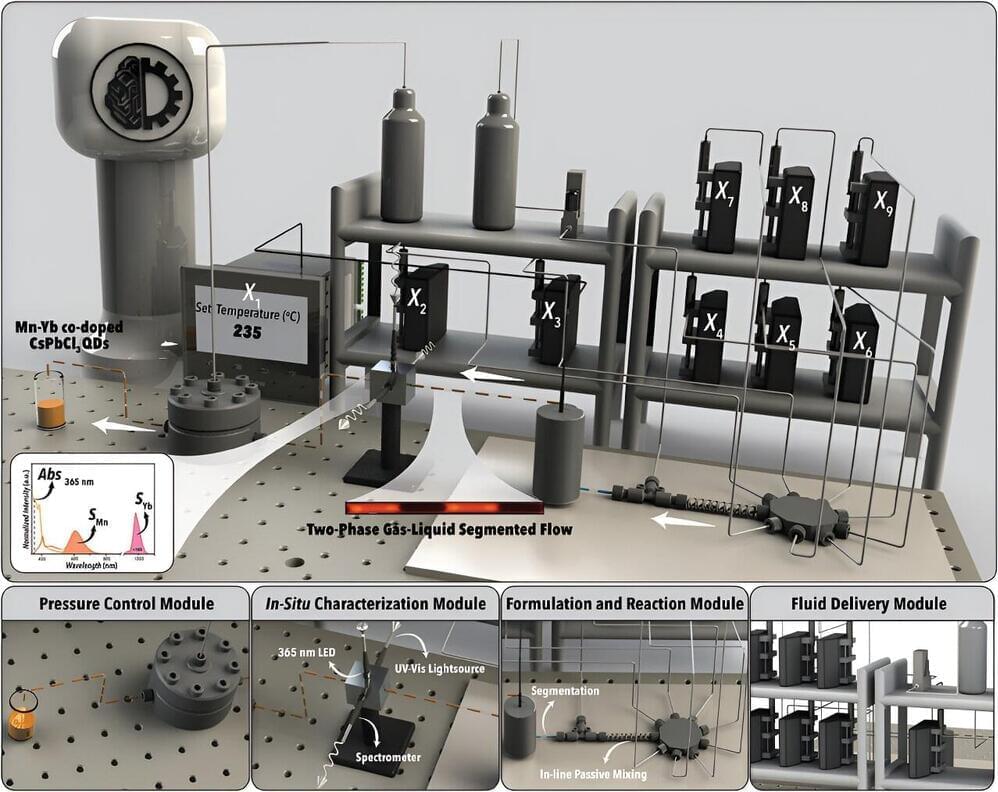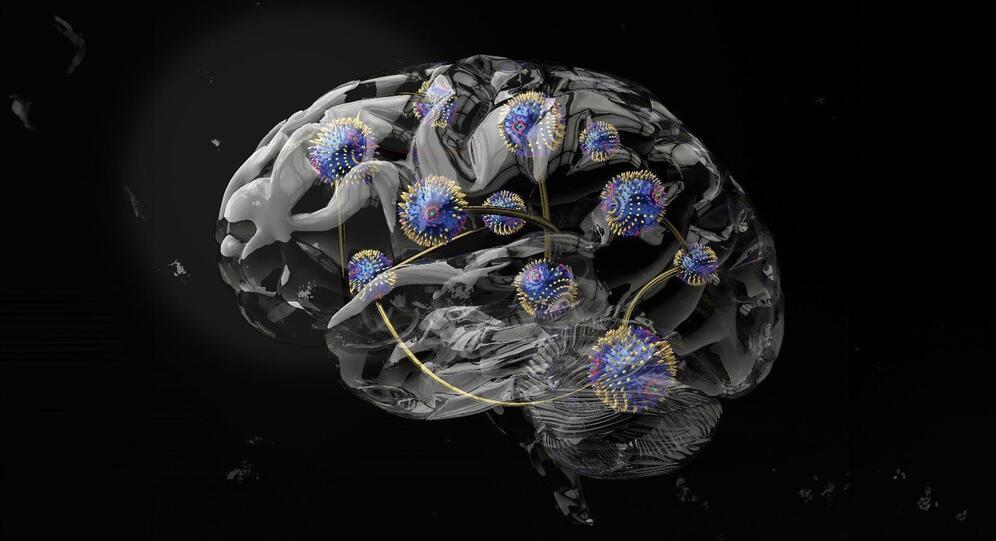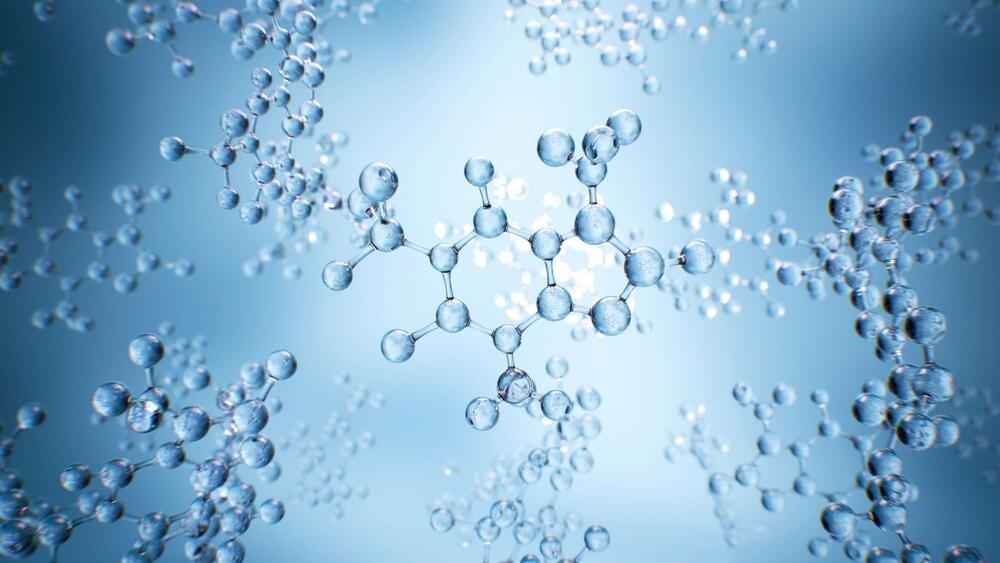It can take years of focused laboratory work to determine how to make the highest quality materials for use in electronic and photonic devices. Researchers have now developed an autonomous system that can identify how to synthesize “best-in-class” materials for specific applications in hours or days.
The new system, called SmartDope, was developed to address a longstanding challenge regarding enhancing properties of materials called perovskite quantum dots via “doping.”
“These doped quantum dots are semiconductor nanocrystals that you have introduced specific impurities to in a targeted way, which alters their optical and physicochemical properties,” explains Milad Abolhasani, an associate professor of chemical engineering at North Carolina State University and corresponding author of the paper “Smart Dope: A Self-Driving Fluidic Lab for Accelerated Development of Doped Perovskite Quantum Dots,” published open access in the journal Advanced Energy Materials.









